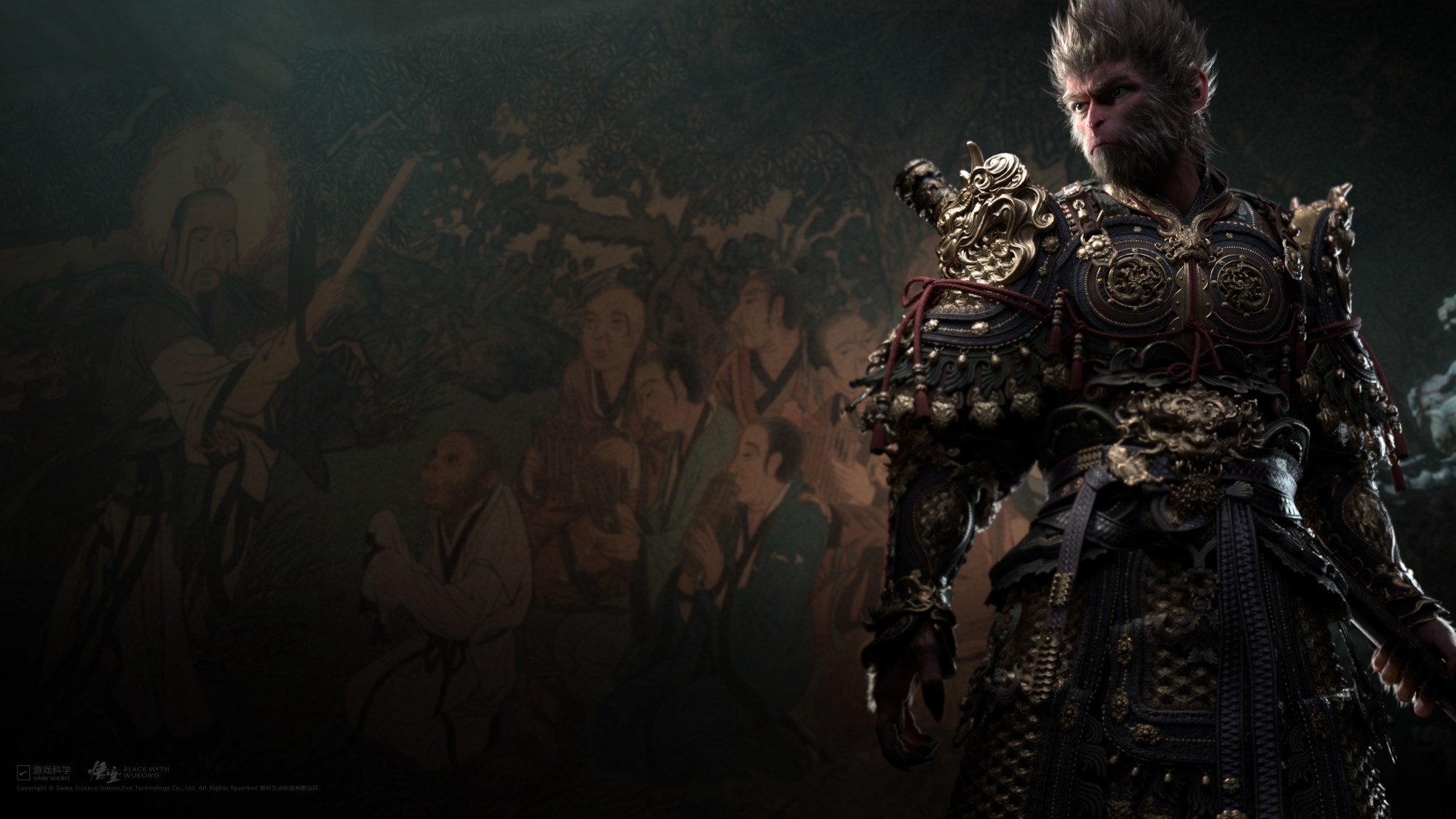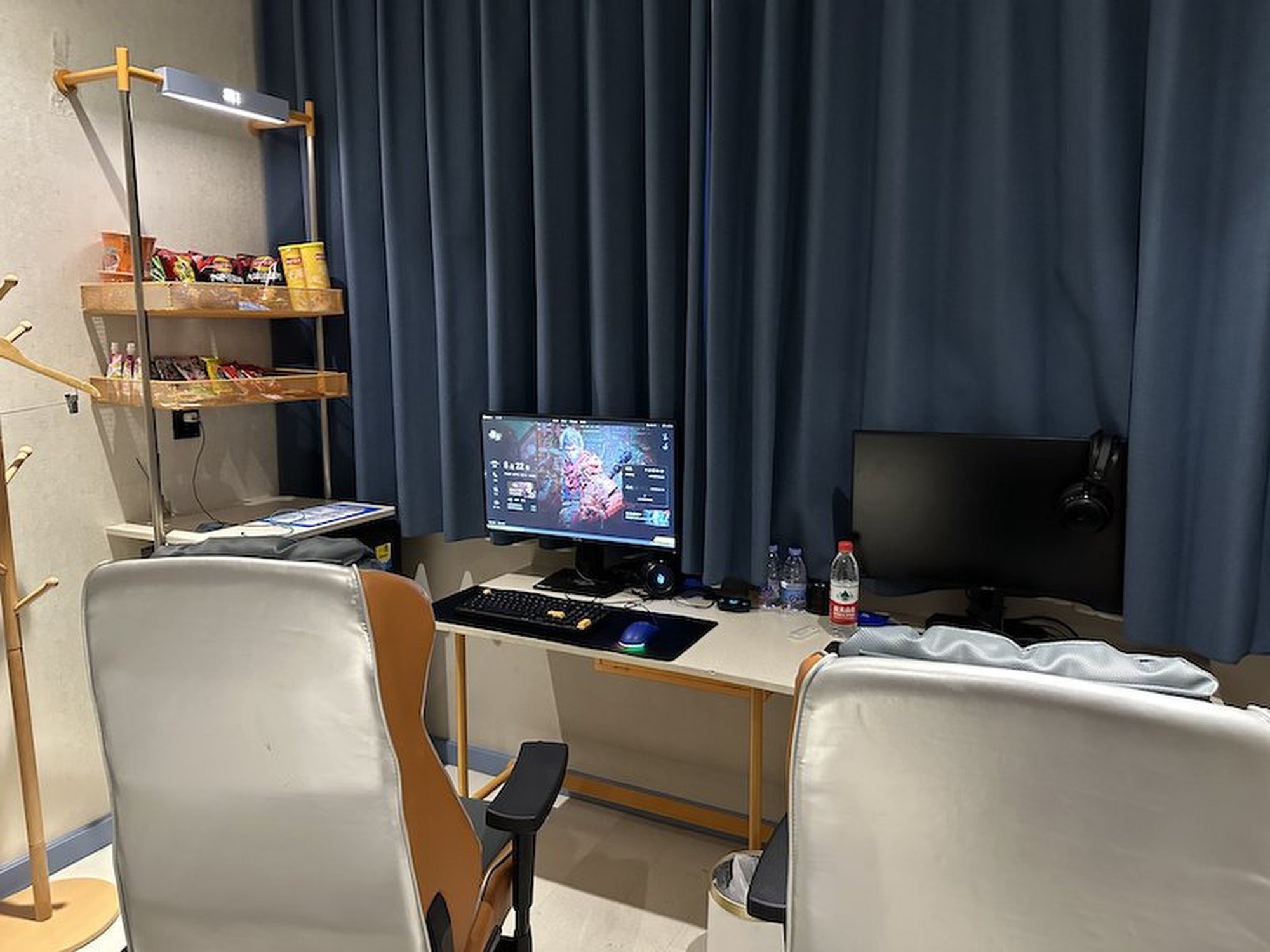China’s biggest-ever video game hit, Black Myth: Wukong, has led to a surge in bookings at hotels that cater to gamers, according to travel provider Trip.com.
Some operators of such hotels – which offer gaming hardware in their rooms for fans who do not necessarily have their own – reported that they sold out multi-person rooms on August 20, the evening that the game was released.
Booking site operator Trip.com Group confirmed the spike in activity, reporting that search volume for gaming rooms that night increased by 40 per cent compared with the previous day. Nearly 70 per cent of the gaming fans booking such hotels were from the post-90s and post-00s generations, and 75 per cent were men, the company said.
Do you have questions about the biggest topics and trends from around the world? Get the answers with SCMP Knowledge, our new platform of curated content with explainers, FAQs, analyses and infographics brought to you by our award-winning team.
The blockbuster video game, developed by Tencent Holdings-backed start-up studio Game Science, drove a wave of “Wukong economy” activity, providing bright spots in sectors like tourism and computer accessories amid overall soft domestic consumer spending.

The success of China’s first AAA premium game, which is based on the literary figure Monkey King from the 16th-century Chinese novel Journey to the West, is also driving a travel boom in parts of the country, according to local authorities and businesses.
Combining tourism with gaming has become one of the most popular new cultural tourism experiences among young travellers in China, according to Trip.com.
Gaming hotels offer guests a comfortable way to escape and play games. Apart from the usual amenities, their rooms include specialised gaming gear, such as high-end PCs with fast internet connections, gaming consoles and controllers, and virtual-reality equipment.
Gaming getaways have become an increasingly popular choice for social gatherings among young people, who may book multiple rooms together to socialise and experience the game together.
Hotel chain Wanyoo eSports has hit a jackpot since the game’s release, as many outlets had full houses over the past week, even with room rates jacked up to more than double the normal level.
Each room managed by the hospitality company offers a PC equipped with a high-performance graphics card that costs about 20,000 yuan (US$2,807). The set-up has proved a popular draw for thousands of young gamers who hope to get a taste of the Black Myth experience before the end of their summer holiday.
At a Wanyoo hotel on Changshou Road in Shanghai, a double bedroom costs more than 700 yuan per night since August 20, up more than 100 per cent from about 300 yuan before Black Myth: Wukong’s debut.
A front-desk manager who declined to be identified said that to lure more gamers, the outlet will upgrade its gaming hardware, replacing its Nvidia 4070 graphics cards with the 4090 model in the hotel’s 28 rooms in the coming weeks.

Rates for a multi-person room at the hotel stand as high as 800 yuan. But when the new school term begins in September, the hotel will lose customers, the manager said.
“As a result, we decided to upgrade the hardware to enhance our attractiveness to [working adults],” he said. “The blockbuster video game has sent hotels, specifically those that serve esports fans, a big boost. Now more people know that renting a hotel room for video gaming can save their costs on hardware.”
JJ Kong, a Shanghai resident in her early 40s, booked a Wanyoo room on Wednesday.
“I want to make a try [on the game], but will not be obsessed with it,” she said. “Buying a hotel room for a two or three days of stay-to-play sounds like a good option to me.”
The top-selling game has already boosted tourism to locations featured in the game’s storyline. The game uses 36 scenic spots across China as backgrounds, 27 of them in Shanxi province alone. And searches for Shanxi province increased by more than 10 per cent on the day of the game’s release, compared with the previous day, Trip.com said.
Search volume increased 20 per cent for cities like Datong and Shuozhou, while some temple-related spots, such as Shanxi’s Xiaoxitian, have seen significant growth in booking. Many tourists have shared their experiences visiting the real-life ancient buildings featured in the game.
As of Monday, sales of Black Myth topped 15.4 million copies, with revenue from the title on video gaming platform Steam totalling more than US$737 million, according to market research company Video Game Insights.
More from South China Morning Post:
- Black Myth: Wukong boom plays into China’s desire to lift demand, economy
- Why China’s video gaming industry needs more titles like Black Myth: Wukong
- Will Black Myth: Wukong gaming mania mark a turning point for China’s soft power fortunes?
- Black Myth: Wukong is increasing China’s appetite for AAA games, but next one could take years
For the latest news from the South China Morning Post download our mobile app. Copyright 2024.





